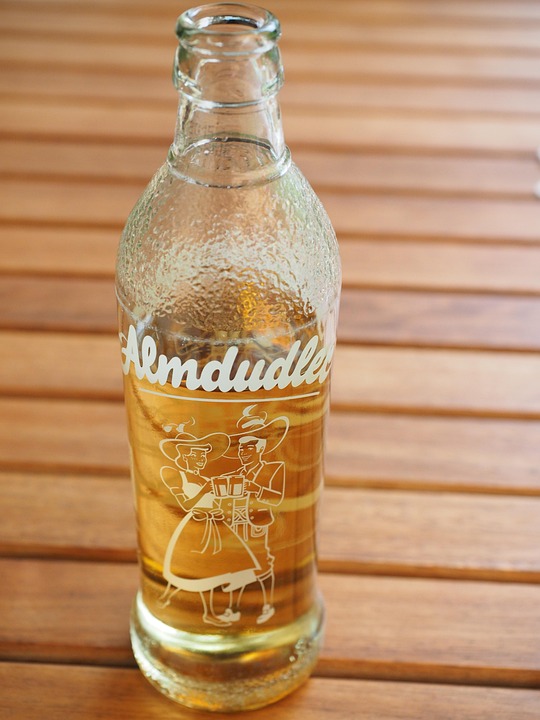Herbal Ingredient Sourcing Shifts Toward Regenerative Agriculture and Traceability
In recent years, there has been a notable shift in the herbal ingredient sourcing industry towards regenerative agriculture and traceability. This trend has been driven by a growing awareness of the environmental impact of conventional farming practices, as well as a desire for greater transparency and quality control in the supply chain.
Regenerative Agriculture: A Sustainable Approach to Herbal Ingredient Sourcing
Regenerative agriculture is a holistic farming approach that focuses on restoring ecosystem health and biodiversity, building soil fertility, and sequestering carbon. By using regenerative practices such as cover cropping, crop rotation, and minimal tillage, farmers can improve soil health, reduce erosion, and enhance water retention. This not only benefits the environment but also leads to higher-quality herbal ingredients with increased nutritional content.
Leading companies in the herbal ingredient sourcing industry, such as Mountain Rose Herbs and Gaia Herbs, have been at the forefront of implementing regenerative agriculture practices in their supply chains. By working directly with farmers who practice regenerative agriculture, these companies are able to ensure the sustainability and traceability of their herbal ingredients.
Traceability: Ensuring Quality and Transparency in the Supply Chain
Traceability has become a key focus for companies in the herbal ingredient sourcing industry, as consumers increasingly demand transparency and accountability from the brands they support. By implementing traceability systems that track the journey of herbal ingredients from farm to shelf, companies can verify the authenticity, quality, and sustainability of their products.
Companies like Traditional Medicinals and Nature’s Way have invested in traceability technology to ensure the integrity of their herbal ingredient supply chains. Through blockchain technology and digital platforms, these companies can provide consumers with detailed information about where their herbal ingredients come from, how they were grown, and how they were processed.
Industry Insights and Financial Data
The herbal ingredient sourcing industry is experiencing significant growth, with global sales of herbal supplements reaching $9.6 billion in 2020. This growth is being driven by a number of factors, including increasing consumer interest in natural and organic products, as well as growing awareness of the health benefits of herbal remedies.
Leading companies in the herbal ingredient sourcing industry, such as Nature’s Bounty and NOW Foods, have seen strong financial performance in recent years. Nature’s Bounty, for example, reported revenues of $2.4 billion in 2020, while NOW Foods reported revenues of $500 million.
Overall, the shift towards regenerative agriculture and traceability in herbal ingredient sourcing is a positive development for the industry. By prioritizing sustainability, quality, and transparency, companies can not only meet the evolving demands of consumers but also contribute to a healthier planet for future generations.




